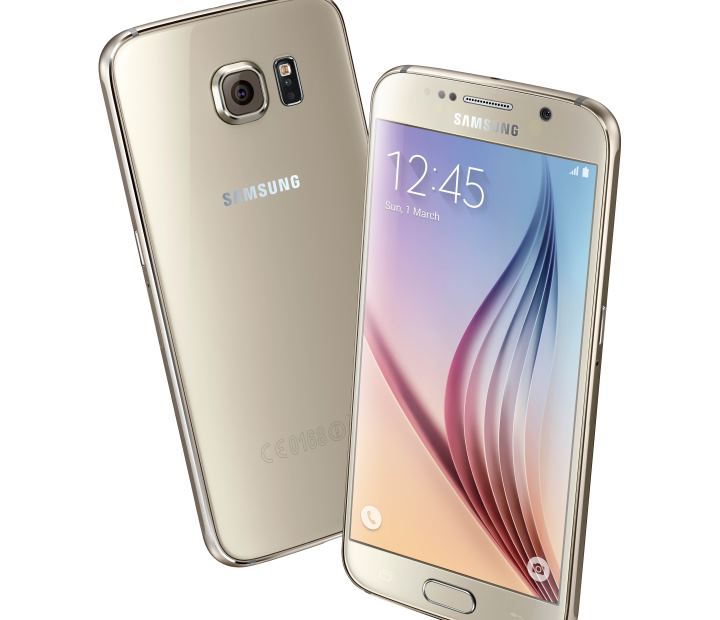Companies and Brands
Apple, Samsung Drop US Smartphone Market Share in February
Published:
Last Updated:

The chief beneficiary of the lower market share for both Apple and Samsung was LG Electronics, which saw its share rise by 0.7% to 8.3% of the total U.S. smartphone market. HTC also posted a small gain of 0.1% to nab 3.8% of the market, and Motorola’s share slipped 0.1% to a market share of 5.1%.
The data come from the latest report on the U.S. smartphone market from comScore and is based on a three-month average for December, January and February, compared with the three-month period that ended in November 2014.
On the operating system (platform) front, Google Inc.’s (NASDAQ: GOOGL) Android gained 0.2% share in the three-month period to post a total of 52.8% of the platform market. Apple lost 0.1% share during the period, and now holds 41.7% of the platform market. Microsoft Corp. (NASDAQ: MSFT) gained 0.1% to post a 3.5% share, while BlackBerry Ltd. (NASDAQ: BBRY) lost 0.2%, posting a 1.8% share.
ALSO READ: 3 Companies That Will Never Lack Customers or Demand
The top five smartphone apps in the comScore survey were Facebook Inc. (NASDAQ: FB), YouTube, Google Search, Google Play and Facebook Messenger. The list is unchanged from November. Pandora Radio from Pandora Media Inc. (NYSE: P) slipped into eighth place, behind Google Maps and Gmail. Instagram finished ninth and Amazon.com Inc.’s (NASDAQ: AMZN) mobile app rounded out the top 10.
Facebook’s social media app reaches 71.2% of all smartphone users who are at least 18 years old. YouTube’s reach rose to 56.4%, Google Search rose to 52.2% and Google Play slipped to 51.4% reach. Facebook Messenger now reaches 51.2% of the mobile app audience, up nearly four points from January.
Thank you for reading! Have some feedback for us?
Contact the 24/7 Wall St. editorial team.